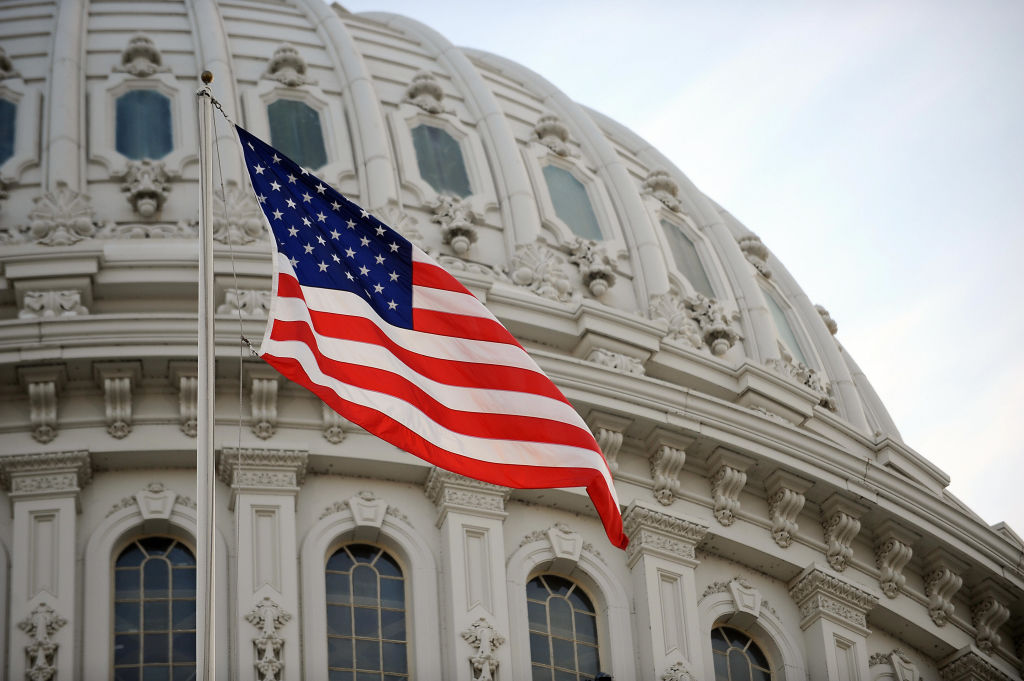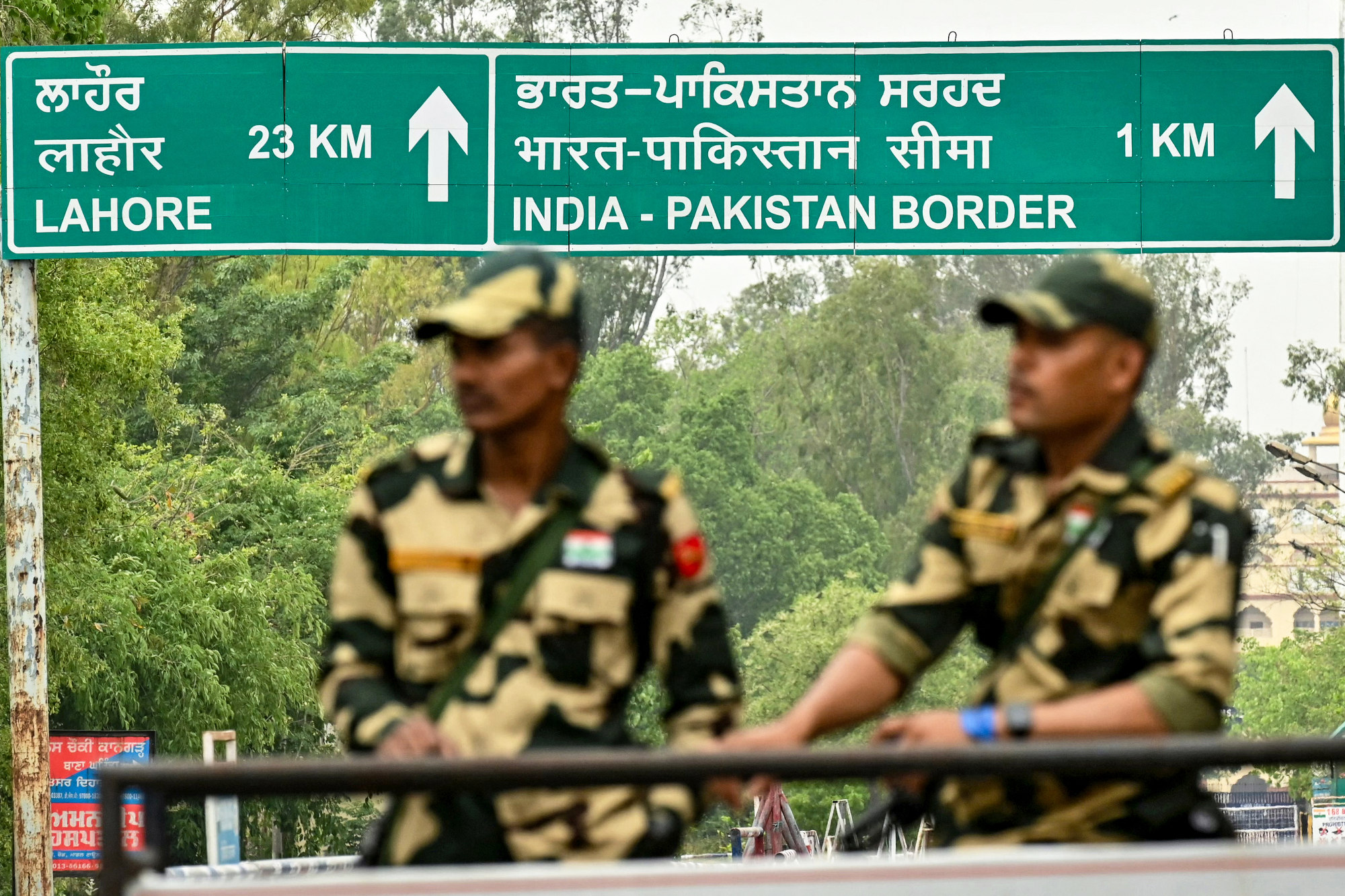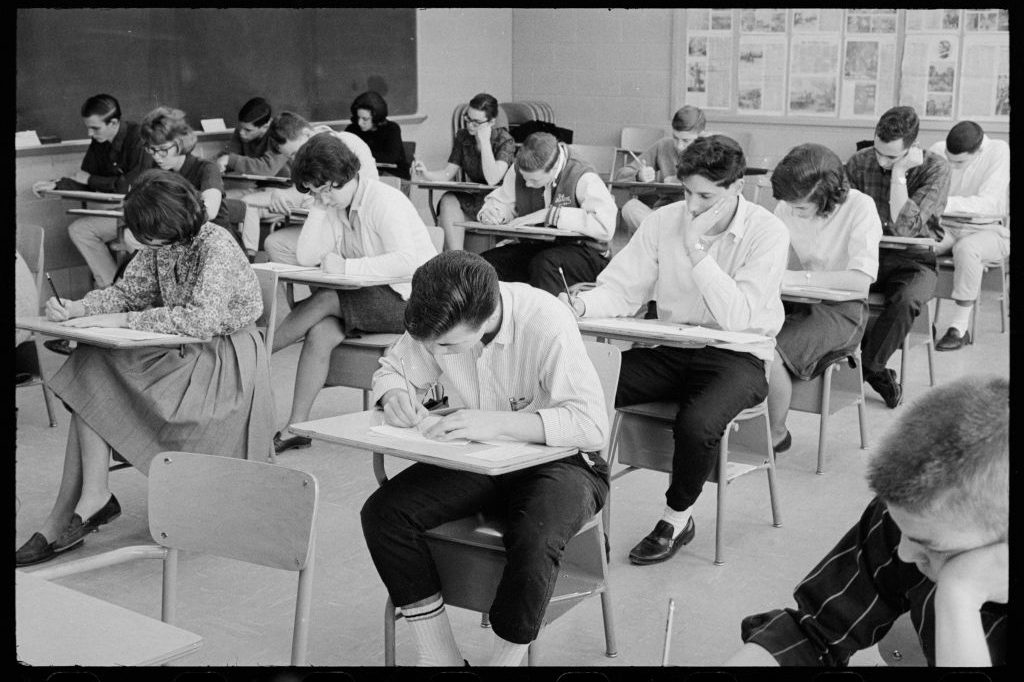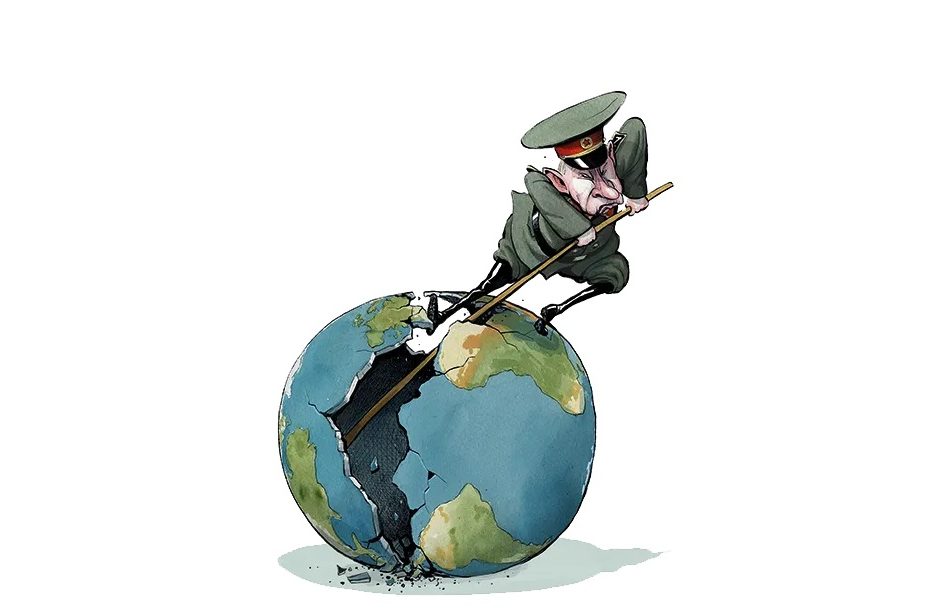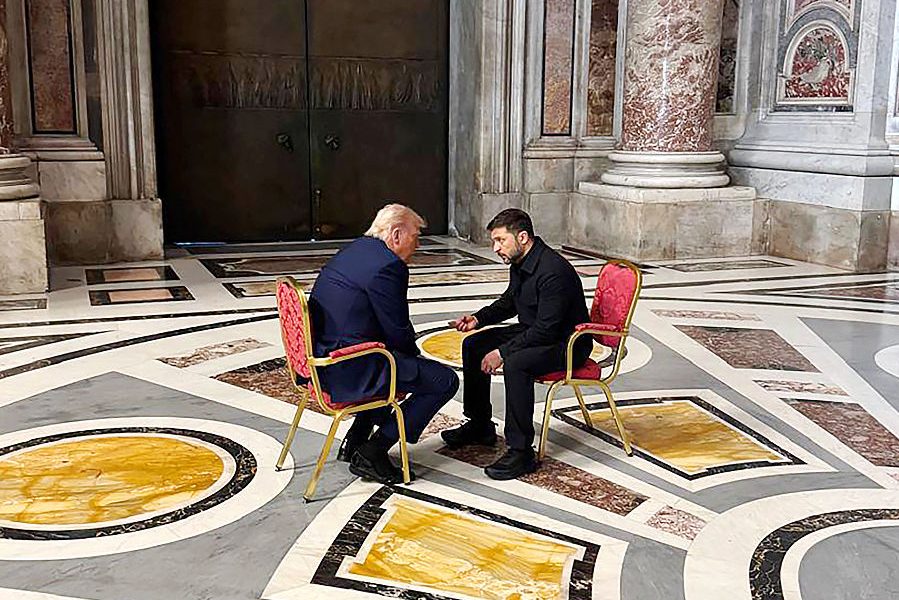Americans and other westerners have long been accustomed to thinking that history has a clear direction. Sometimes the direction is contested, as it was during the Cold War. The future could have been capitalist or communist, or perhaps a blend of both systems — ‘convergence’ was a trendy notion for a time — but one way or another the alternatives were clear.
After the Cold War, there were no alternatives. Capitalism, democracy and liberalism were here to stay, and soon they would be everywhere else too. All the Islamic world needed if it was to join us at the end of history was a nudge: regime change would speedily bring about social and economic change. In China, on the other hand, economic change would be the catalyst for regime change, as integration into the world market inevitably led to political liberalization.
Now, for the first time in nearly 75 years — if not far longer — history is directionless. Our attempt to force the evolution of the Islamic world toward liberalism failed. Nor has the supposedly natural softening influence of trade brought democracy to China. Formerly communist nations that seemed poised to take up the values of the West after the Cold War have instead moved in directions that enlightened westerners today find profoundly illiberal.
Russia is the starkest example of that, but Hungary and Poland also make the list when lists of bad states are drawn up by the likes of Anne Applebaum. Even in the good states of Western Europe, there are populist movements that defy global liberalism. And of course, Britain had Brexit and America had Donald Trump.
Yet if these developments suffice to refute the idea that liberal democracy has triumphed for all time, they do not represent a decisive turn toward anything else. Trump’s America is now Joe Biden’s, with a Democratic majority in Congress — if only by the narrowest of margins. Post-Brexit Britain under Boris Johnson is not a populist’s paradise. Nationalists in France, Germany and Italy have all faced recent setbacks, and Hungary will not always be led by Viktor Orbán, who is no autocrat.
India was formerly celebrated by Western liberals as ‘the world’s largest democracy’. One hears a lot less of that since Narendra Modi and the Hindu nationalist BJP started winning elections. Yet Modi is hardly electorally omnipotent. President Erdogan in Turkey may be a greater threat to constitutional democracy, but it is far from certain whether Erdogan’s system for concentrating power will outlive the man himself. Russia almost certainly will have another Putin after Putin, but the potential for chaos to intrude is not small, even if the prospect of liberal democracy springing from the rodina’s soil is slight.
In short, if liberalism has failed, nothing else has succeeded. And no release from liberalism’s agonies appears to be on the horizon. Europe’s nationalists are not going away even if they cannot form governments. Neither the right nor the left in the United States has much hope of commanding a stable national majority. This is not a new development: since the end of the Cold War, American politics has been a seesaw, with each of the last four presidents seeing his party lose control of Congress during his tenure. Next year, Biden is apt to become the fifth consecutive president to suffer this fate.
The direction of history here and now, and for the foreseeable future, is neither toward liberalism nor toward any alternative, but rather away from order of any kind. Ours is an age of entropy. Old sources of unity are crumbling and institutions are losing the confidence of the public, with nothing solid to take their place. Marriage and family are now words of fluid definition, as indeed are the concepts of ‘man’, ‘woman’, ‘mother’, ‘father’, ‘son’ and ‘daughter’.
National histories have become flashpoints of controversy even in strong and formerly proud states. The state itself continues to expand but less and less claims to represent a definite people — the citizen is being replaced by the client of state services. Under such conditions, it can hardly be surprising if the state loses legitimacy and ceases to have a claim on the affections of the mass of people living within now arbitrary borders. Outside of the West, religion may still be strong enough to hold together human groups both great and small. Within the West, however, organized religion continues to decay, with the largest and most respectable Christian denominations becoming steadily more liberal.
Down the line, the concepts and categories that once made sense of the future have become fossils. Capitalism once stood for a social order and a dream of endless progress, as well as an economic system. Today communist China is also capitalist, while capitalist post-industrial America is characterized by the unchecked growth of administrative bureaucracy in the private as well as public sectors — even the emergence of outright commissars and political censors within the tech companies that are the crown jewels of 21st-century American capitalism. Perhaps there was something to be said for ‘convergence’ after all.
What men and women need in a world descending into mental and moral as well as institutional entropy is order. Those states that maintain order — meaning everything from control of crime to the preservation of traditional walks of life — will prevail over those that fail to arrest their disintegration. The Chinese understand this very well. Our enlightened Western liberals do not.
This article was originally published in The Spectator’s November 2021 World edition.



